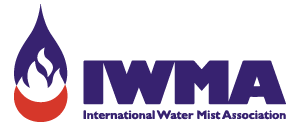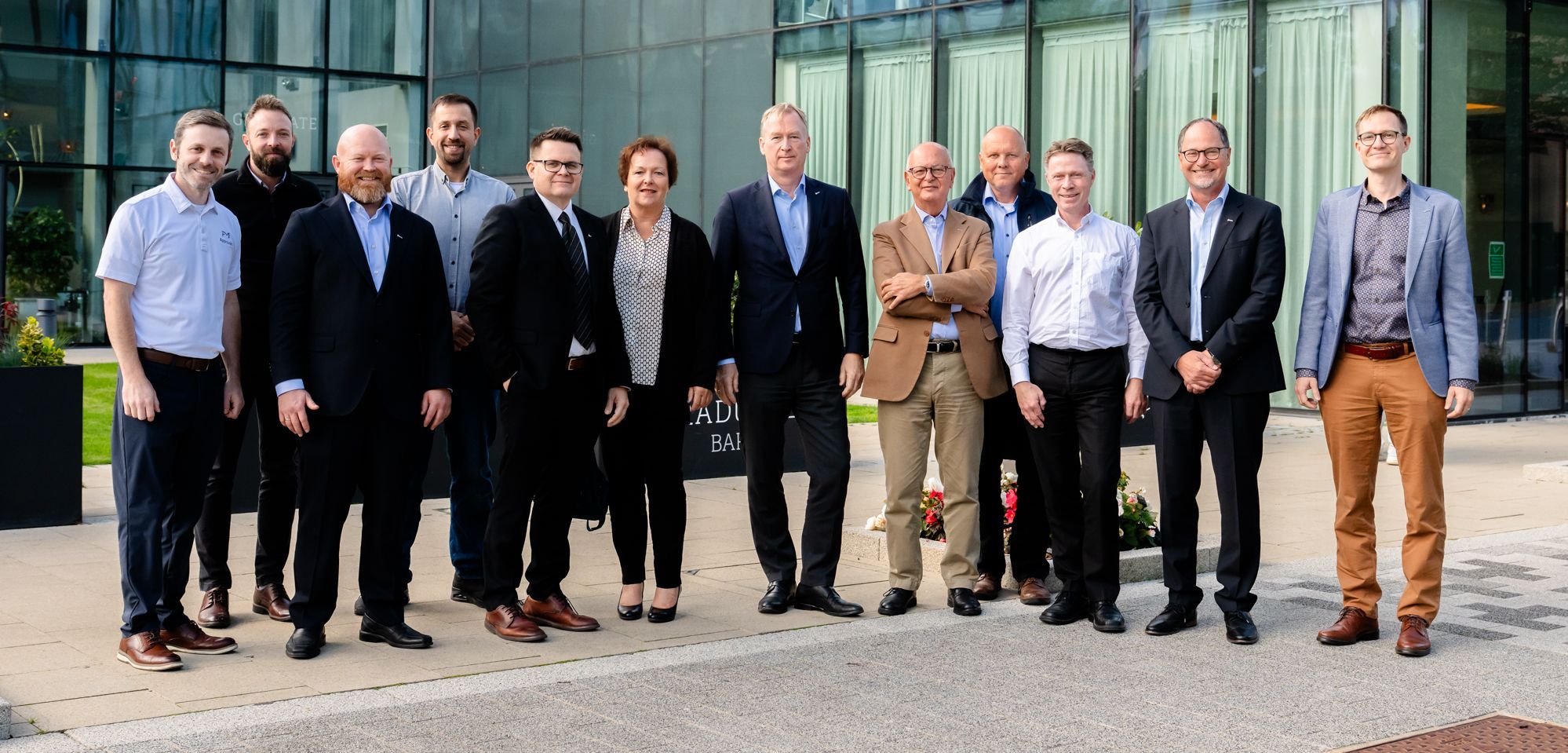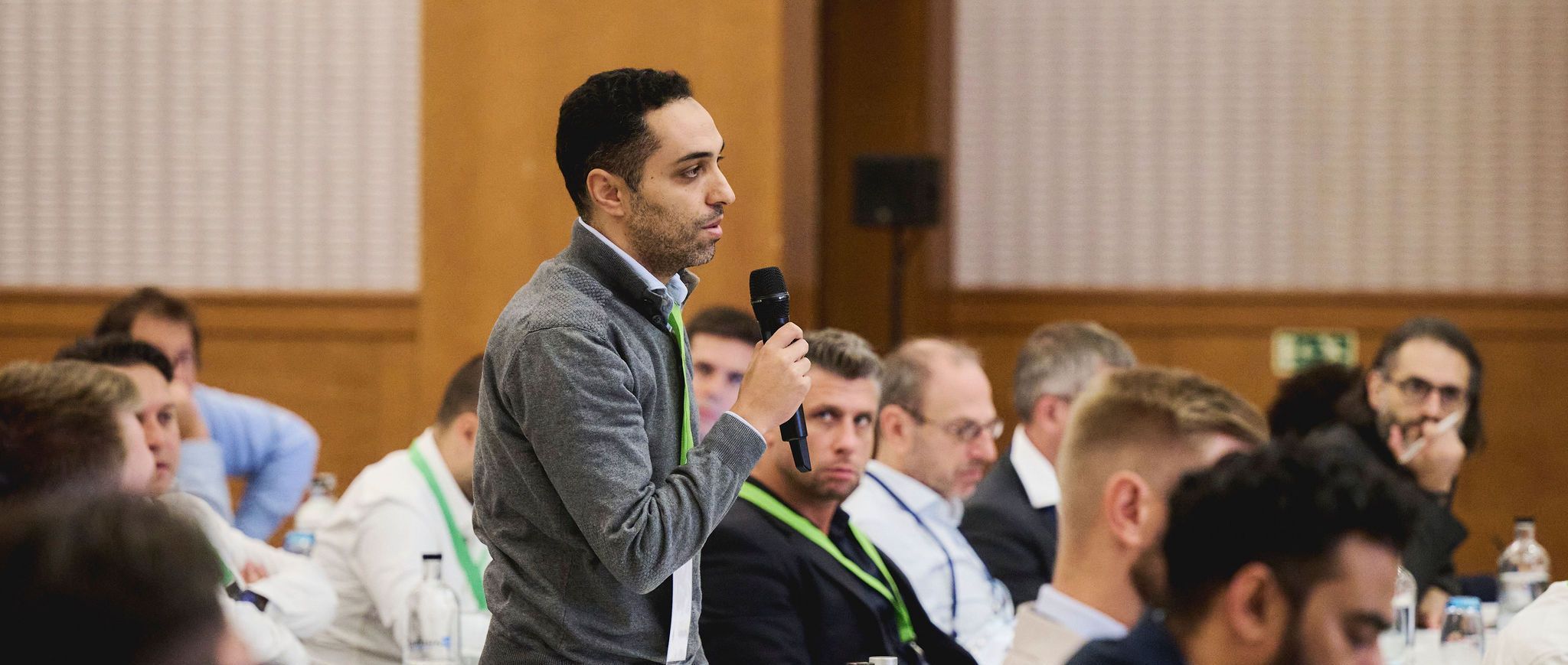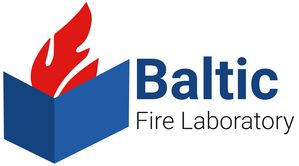IWMA member 'Baltic Fire Laboratory' (BFL) has announced that they have Polskie Centrum Akredytacji has granted an extension of the scope of accreditation of BFL's ISO 17025 laboratory to include further research methodologies in the field of fixed active fire protection systems.
This time BFL managed to expand the scope to include VdS, EN, FM Global, IMO methodologies for water mist systems and areosols which are currently available as world wide recognized fire test protocols.
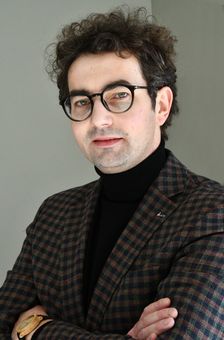
Bogdan Raciega, BFL's laboratory director
BFL write in their announcement: "Why are accredited tests so important in allowing a system to be approved to use ?
Just because full-scale tests are carried out in a controlled laboratory and, most importantly, under repeatable conditions, it does not matter whether it is summer with +40 Celsius or winter with -30 Celsius degrees outside the laboratory, because the laboratory systems always guarantee the same test reference conditions with huge heating and air conditioning systems. This way we are able to control the temperature and humidity inside of the entire 9,500 m3 laboratory hall to repeat test in different scenario but under the exact same conditions.
Moreover, customers who receive a report from an accredited ISO 17025 laboratory for specific test methodology achieves success not locally but globally, which is the difference between individual case by case approvals and full-scale tests performed by ISO17025 labs in accordance with methodologies developed by technical committees that take into account at least several fire scenarios.
Importantly, one of the most interesting methodologies in our new scope is the VdS 3188-4, which specifies how garage active fire protection systems should be tested. The sister protocol for EU area refering to garages prEN14972-5 will be published soon.
Since we have managed to start cooperation with important research partners and suppliers of fire protection systems, we are closing the research program for Q1-Q2 2024, which focuses on garage active fire protection systems."
